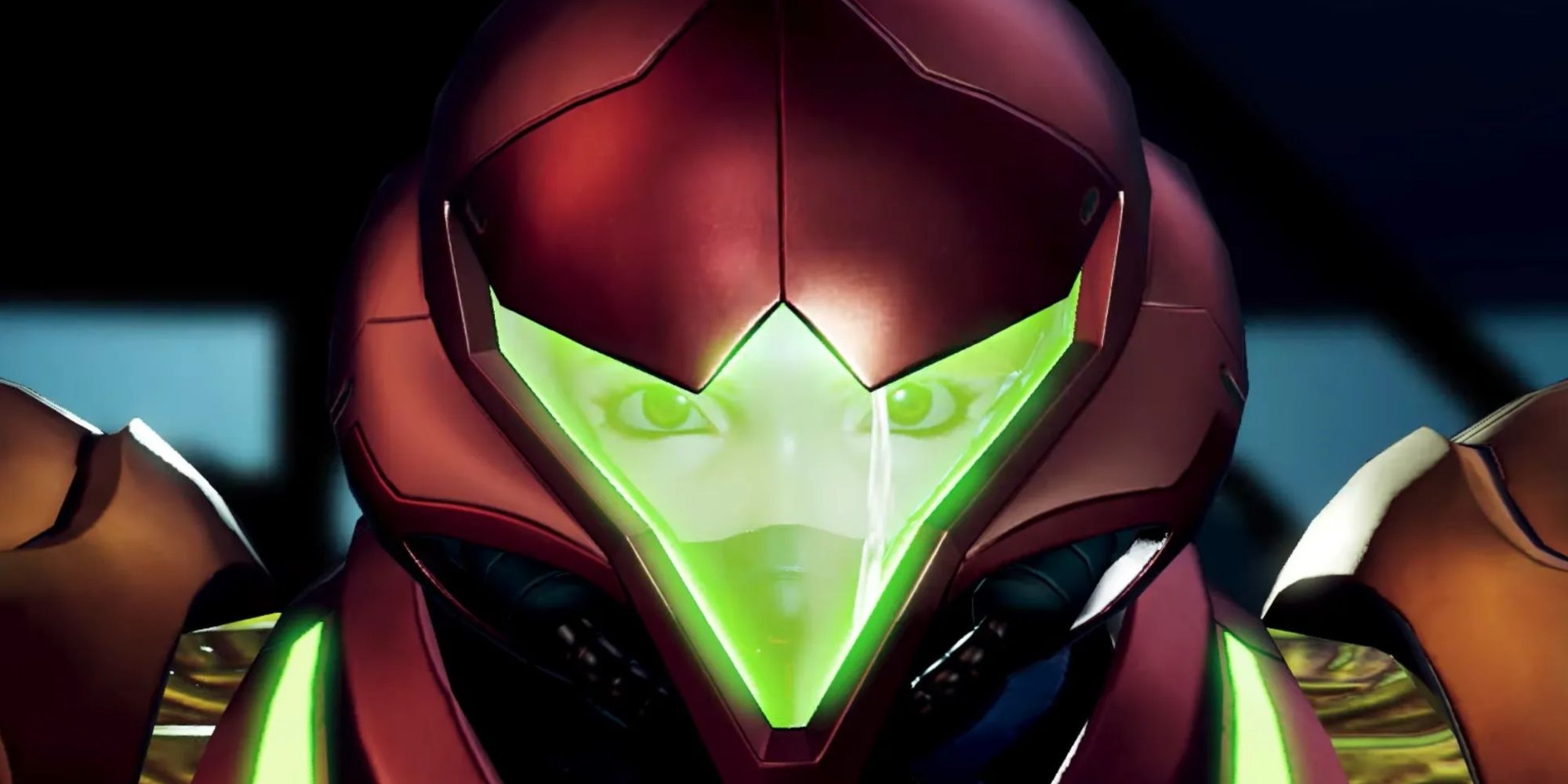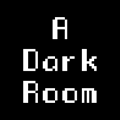How Many Hours Would It Take You To Beat Every Metroid Game?

Summary
- The runtime of Metroid titles varies from four hours to 20.
- Speedrunning is key to Metroid's games, impacting endings; think about how you want to play before starting this marathon.
- Metroid Prime 2: Echoes is perhaps the longest game in the franchise.
Though it's never been able to pull the kind of numbers you'd expect from, say, a Mario, a Zelda, or a Pokemon, Metroid has nonetheless earned its place in the Nintendo stable. Samus Aran has racked up a respectable catalog of intergalactic adventures, ranging from exploratory platformers (which, alongside Castlevania, led to it coining an entire genre) to shooters and, erm, soccer sims. We don't talk about Federation Force.
Related17 Best Metroidvania Games Of All Time
Many open worlds, revealed one power-up at a time.
PostsA key USP of the series is speedrunning. The games' endings are often determined by the haste with which you roll the credits – but of course, not everyone will have the skill, nor the inclination, to do so. With average casual play, how long could you expect to mull over a massive Metroid marathon?
A couple of notes before we start: this list will factor in only the games Nintendo presently considers part of the 'core' Metroid timeline. This excludes Metroid Prime Pinball, for instance, as well as the aforementioned Federation Force. Metroid 1 on the NES and Metroid 2 on the GameBoy have beenreplaced in canon by the (far superior) Zero Mission and Samus Returns, respectively – so those are the ones we'll be taking into account.
We've even taken the liberty of arranging our list in chronological timeline order (which is not necessarily release order) to enhance your Skree-blasting experience!
Metroid: Zero Mission
4 Hours
Samus' inaugural adventure - her so-called 'Zero Mission' - is depicted in this GBA remake of the NES classic. It's no simple remaster: from the ground up, about the only thing that's survived is the general world layout.
New areas, cutthroat bosses, refined graphics, a waypoint system, and an entirely original chapter spent in the defenceless Zero Suit bolster the package.
Now that you have a pause-screen map (and liberally dispensed checkpoints) at your disposal, getting through Zero Mission is a snap – compared to the NES incarnation that was liable to have you reaching for Nintendo Power. Even if you dig around for E-tanks or missile upgrades, your journey is likely to conclude within five hours.
Metroid Prime
15 Hours
You might logically assume that the second game in the franchise would be Metroid 2 (or rather its remake, Samus Returns), but you'd be wrong. The entire Prime subseries, which tells a self-contained narrative, slots itself neatly in between the first couple of 'core' titles; so we'll be taking a brief break to enter the 3D plane.
It's hard to overstate how revolutionary Prime was when it hit the GameCube, migrating a formula that had been shackled to a side-on view to the FPS format with effortless style. The controls are tight and responsive, the atmosphere's unmatched, and the music slaps.
This first installment is, however, rather backtrack-heavy – be prepared to see the same snowy fjords and lava caverns dance before your eyes ad nauseam. By the time you return all the lost artifacts, you'll have sunk circa 15 hours in... but it's worth it.
Metroid Prime Hunters
8 Hours
We're dealing with Metroid-ception, now: this is a handheld spinoff of a subseries of the central franchise. Still following?
Hunters' canonicity was the subject of hot debate for the better part of a decade, until a post-credits cameo from its central antagonist in Federation Force (of all places) put the matter to rest. It's canon – but is it worth your time?
RelatedMetroid: The Best Games In The Series, Ranked According To Metacritic
The Metroid series has made some of the best games ever. We take a look at all the best titles and rank them using Metacritic.
PostsTo put it mildly, Hunters being on the DS did it no favours. This is a clunky, low-resolution attempt to replicate the magic of Prime on the go; only very occasionally does it break out into competency. The controls are a nightmare, and almost all the developmental effort went into the multiplayer mode – which is tremendous fun, but you're unlikely to be able to set up a match nowadays.
If you can stick out the mediocre campaign, you'll be finished in just shy of ten hours.
Metroid Prime 2: Echoes
18-20 Hours
Finally, a game whose title makes chronological sense. Prime 2 picks up where Prime left off, with the titular Metroid Prime morphing into Dark Samus, an enigmatic doppelgänger of our leading lady who would go on to fill a slot in the Smash Bros. roster most admirably. Being stalked by a Samus clone is nothing new (SA-X says "hi") but it adds welcome tension.
As you'd hope a sequel would, Prime 2 ups the ante in all respects. The aiming system's tighter, the narrative is more involved than 'scan every random bit of detritus and hope you can piece our writing together from that', and there are some new gimmicks to muck around with. All of this propels Prime 2 to a longer runtime than its predecessor: 18 or so hours.
Metroid Prime 3: Corruption
12 Hours
Rounding out the Prime trilogy, Corruption was launched for the Wii as opposed to the GameCube; as a consequence, it's rocking a motion-based control scheme. Sit back down. It works better than you'd think, with the pointer allowing for greater ease of carnage than Primes 1 and 2. The maps have been made incredibly open-ended to account for the growing pains of the Wiimote, to boot.
There's also interesting stuff going down plot-wise. Dark Samus' Phazon has infected Samus' suit, and is slowly corrupting her (hence the title), so we've got a big fat ticking clock.
Other than that, it's business as usual: explore, shoot anything that moves, scan everything that isn't nailed down. Prime 3 is a tad shorter than its cousins, clocking in at a lean 12 hours.
Metroid: Samus Returns
10 Hours
At last, we're back into the core series. The original Metroid 2 on GameBoy has aged about as well as a bottle of milk in a Nevada heatwave, so this 3DS glow-up was a welcome replacement. It was helmed by MercurySteam, a Spanish Nintendo subsidiary who so impressed higher-ups with their efforts on Samus Returns that they were handed Dread a couple of years later.
RelatedMetroid: Every Version Of Samus' Suit, Ranked By Design
Samus' suit has seen a lot of variations over the years, but which is best?
PostsIt's easy to see why: whereas Metroid 2 was slow, visually nauseating, and totally directionless, Samus Returns is a gorgeous reinvention brimming with QoL fixes. Samus has a melee move that you can use to dispatch weaker foes without resorting to blaster fire, keeping the flow going.
Every Metroid encounter is now unique, with some of the buggers even needing to be chased down – and Ridley himself puts in a surprise appearance. Expect to roll the credits at the ten-hour mark.
Super Metroid
8 Hours
God, everything in the 90s was 'super' when it came to Nintendo, wasn't it? Super Mario, Super Nintendo Entertainment System, Super Scope... and Super Metroid. Appropriately enough, this SNES entry was certifiably super. Metroid 1 laid a decent foundation, but Super effectively defined the genre, and continues to be a favoured haunt of speedrunners to this day.
From the moment you touch down on Zebes, that timeless pixel art coming into view and that thumping bass soundtrack worming its way into your ears, you're home.
Gigantic bosses fall before you, secret walls are toppled with reckless abandon, and exciting upgrades lurk in every nook and cranny. Pure platforming perfection: eight-odd hours of it.
Metroid: Other M
10 Hours
Uh-oh. There are two things you absolutely never do if you want to stay on the good side of a Metroid fan: one, mention 'the baby', and two, acknowledge the existence of Other M. Despite positive critical reception on release, time has not been kind to this 2010 Wii interquel, and it's frequently credited with paralyzing the franchise's forward momentum for the better part of a decade.
In response to industry trends at the time, what we've got here is a drably-coloured, story-driven dissection of Samus' character, that serves only to ruin any mystique she possessed. Other M, via plodding, monotone dialogue, examines her trauma stemming from her military days, as well as her relationship with Commander Adam Malkovich.
Against conventional wisdom, you're stuck holding the Wiimote on its side to control Samus, and the whole thing smacks of mobile-game automation. Alas, it's canon; if you take the plunge, you'll be free after ten hours.
Metroid Fusion
5 Hours
Fusion (sometimes referred to as 'Metroid 4') was the entry point for many gamers, given that it was bundled in with GBA systems back in the day. It's a stellar example of brevity being the soul of wit.
RelatedThe Best Metroidvania Games For Beginners
Metroidvania games remain increasingly popular, with more people jumping in than ever before. Which ones are the best to start with?
PostsIt doesn't bloat its runtime with backtracking or padding; it just comes in, does what it wants to do, and shows off its concepts to their full extent, then pushes off.
The game can be beaten in an afternoon, then – but it's a blast. The level design is astonishingly tight, with not a wasted area or underheated mechanic to be found. There's an encroaching sense of threat courtesy of the SA-X, an X-parasite that's taken on Samus' form, and words cannot express how pants-fillingly terrifying an unexpected brush with this beast is.
The nightmare will be over in around five hours.
Metroid Dread
8 Hours
via NintendoA surprise announcement for the Switch, Dread at last continued the timeline almost 20 years removed from Fusion. MercurySteam, those platforming whizzes, were again behind the wheel, and iterated on Samus Returns in some spectacular ways. Dread's locked at a rock-solid, buttery-smooth 60fps, and Ms. Aran has never felt more responsive to chuck about.
The really devious wrinkle, though, is the EMMI mechanic. The EMMIs are ruthless, invincible automatons that can see and hear through walls, move at lightning speeds, are impervious to blaster fire, and kill you in one hit with a spike through the face should they catch you. That... is a sequence of words that we'd expect to see in the Book of Revelation after the words "And lo, I beheld."
The result is the most tense Metroid game ever conceived, but one which never feels broken or unfair. Top that off with an earth-shaker of a climactic showdown that has genuine ramifications for Samus as a character, and Dread's a winner. It'll run you roughly eight hours.
How Many Hours In Total Will It Take To Beat Every Metroid Game?
It's apparent that Samus has had no shortage of quests; and her foes have had no shortage of Phazon energy shot up their sorry carcasses. Let's now tot up the total runtime for the franchise, broken down by our nifty chart:
Game
Approximate total runtime in hours
Metroid: Zero Mission
4 hours
Metroid Prime
15 hours
Metroid Prime Hunters
8 hours
Metroid Prime 2: Echoes
19 hours
Metroid Prime 3: Corruption
12 hours
Metroid: Samus Returns
10 hours
Super Metroid
8 hours
Metroid: Other M
10 hours
Metroid Fusion
5 hours
Metroid Dread
8 hours
That comes to 99 hours, so let's be generous and slap an extra hour on that to round it up to 100 (as hopefully, you'll be doing at least some eating and sleeping.) That's roughly 4 days of uninterrupted Zebes/Tallon IV/Aether exploration, assuming you don't cave and consult a guide!
Once you've beaten the games the first time, you can bet you'll feel the Metroid Itch™; that's the urge to do it all over again for a faster completion rate. Rewards for this differ between each game, including concept art and credit scenes depicting Samus in various stages of undress. Whether that's sufficient motivation or not, have fun! This franchise is a galactic gem that everyone should take a crack at.
NextEvery Planet Samus Has Blown Up In The Metroid Series
Samus sure likes to blow up planets, huh?
Posts












